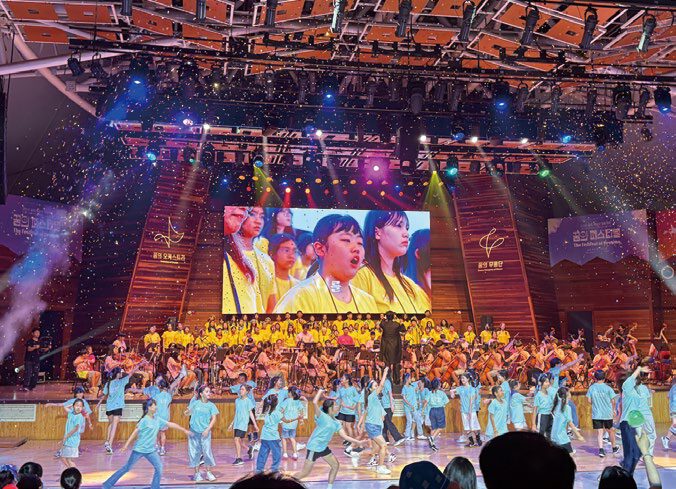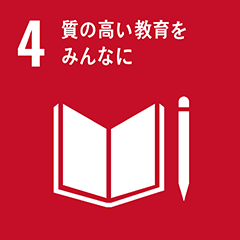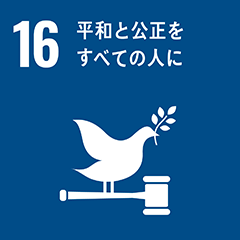Inochi Declaration
Nurture Inochi through the creation of music together, and strive to build a peaceful and inclusive society where everyone can live freely, creatively, and harmoniously regardless of upbringing or ability.
Music is widely recognized for its educational benefits and is incorporated into learning settings from early childhood education to schools across all levels. In particular, ensemble activities such as choral singing and instrumental performance foster a sense of community and collective transformation, and in the process are understood to contribute to the development of children’s cognitive and noncognitive skills. Recent studies provide increasing evidence in support of this understanding.
El Sistema, a music education movement founded in Venezuela in 1975, was established with the goal of empowering children and transforming society through music. As the movement has expanded globally, evaluations and external studies by specialists have affirmed its social value. In the United States, Youth Orchestra Los Angeles (YOLA), led by the Los Angeles Philharmonic with local music organizations, commissioned a casecontrol study of participants and nonparticipants over time from the Brain and Creativity Institute at the University of Southern California. This study demonstrated significant differences in brain development between children who participated in YOLA and those who did not.

Finale at the International Exchange Summer Camp hosted by the Korean government, held in Pyeongchang, South Korea in August 2025. A total of 200 members—comprising orchestras, choirs, and dance teams—from South Korea, Japan, Thailand, and Malaysia participated in the finale
In Japan, a 2014 external evaluation commissioned by Friends of El Sistema Japan and conducted by Aoyama Gakuin University examined members of the Soma Children’s Orchestra. Participant observation and surveys revealed that orchestra members showed higher levels of self-confidence in their actions compared to national averages from similar questions. However, in group music settings, even when economic barriers such as participation fees are removed, other barriers remain. Some children have been unable to join due to behavioral norms, disabilities, or a desire to proceed at their own pace. In Japan, there is a tendency across educational settings to value children who adapt to group expectations and demonstrate consistent effort. Yet today’s children are diverse. Some are diligent and focused, while others prefer a more relaxed and exploratory approach to learning music. It is essential that music education also provides spaces where every child—not just the hardworking ones—can feel free to engage on their own terms.
Of course, choral and ensemble performance require a certain degree of cohesion and commitment to shared goals. At the same time, it is critical to ensure that diversity is respected, and that each individual’s rights, dignity, and freedom are upheld. The joy of different personalities coming together—acknowledging, including, and collaborating with one another despite differences—is a unique and irreplaceable experience. Music is particularly well-suited to making such experiences possible.z
Therefore, music education based on co-creation is deeply aligned with SDGs beyond just education, inequality reduction, or community development. It is directly connected to the broader goals of realizing peace and justice. As we approach 2050, while we will benefit from developments in artificial intelligence and medicine, societies around the world will also face challenges like aging populations and increased risk of isolation. In such a context, music classrooms—spaces where freedom and equality are guaranteed at a micro level—can serve as the foundation for a just and inclusive society, and ultimately, for a peaceful world. At a time when inequality is rampant and conflict persists globally, this idea must be examined with urgency.
The Inochi Forum is committed to ensuring that by 2050, everyone on Earth can live in a creative and inclusive society that fosters freedom and self-expression. Working with stakeholders across music, culture, education, and welfare, we will build systems that enable joyful, empowering, and exploratory music education at all levels of society.
[References]
・Evaluation by the Brain and Creativity Institute, University of Southern California (re: YOLA):
https://www.laphil.com/press/releases/1672
https://dornsife.usc.edu/bci/brain-and-music-program/
・El Sistema Japan:
https://www.elsistemajapan.org
[Action Platform]
Arts, Culture and Sport / Education and Children
[SDGs]




